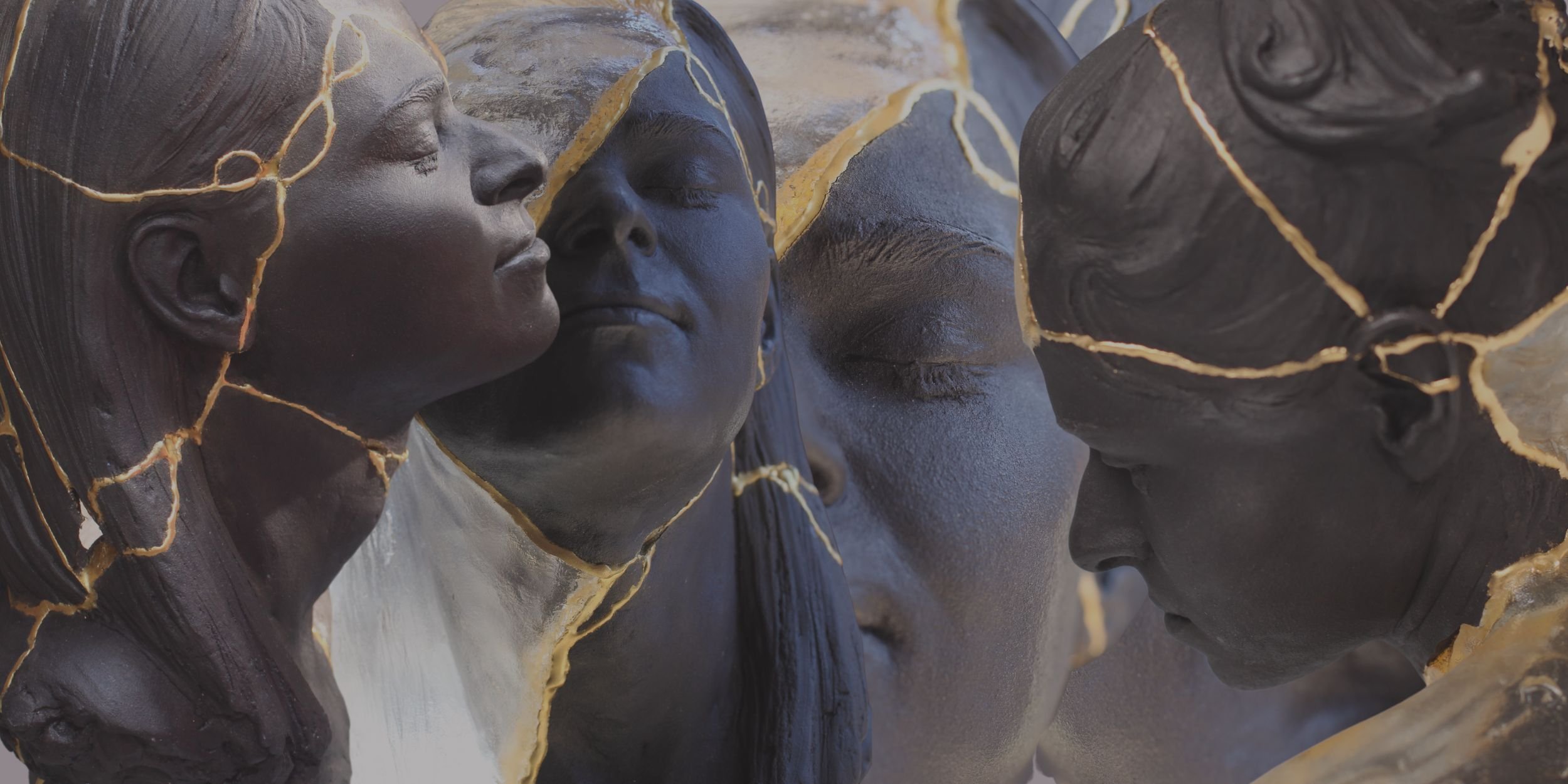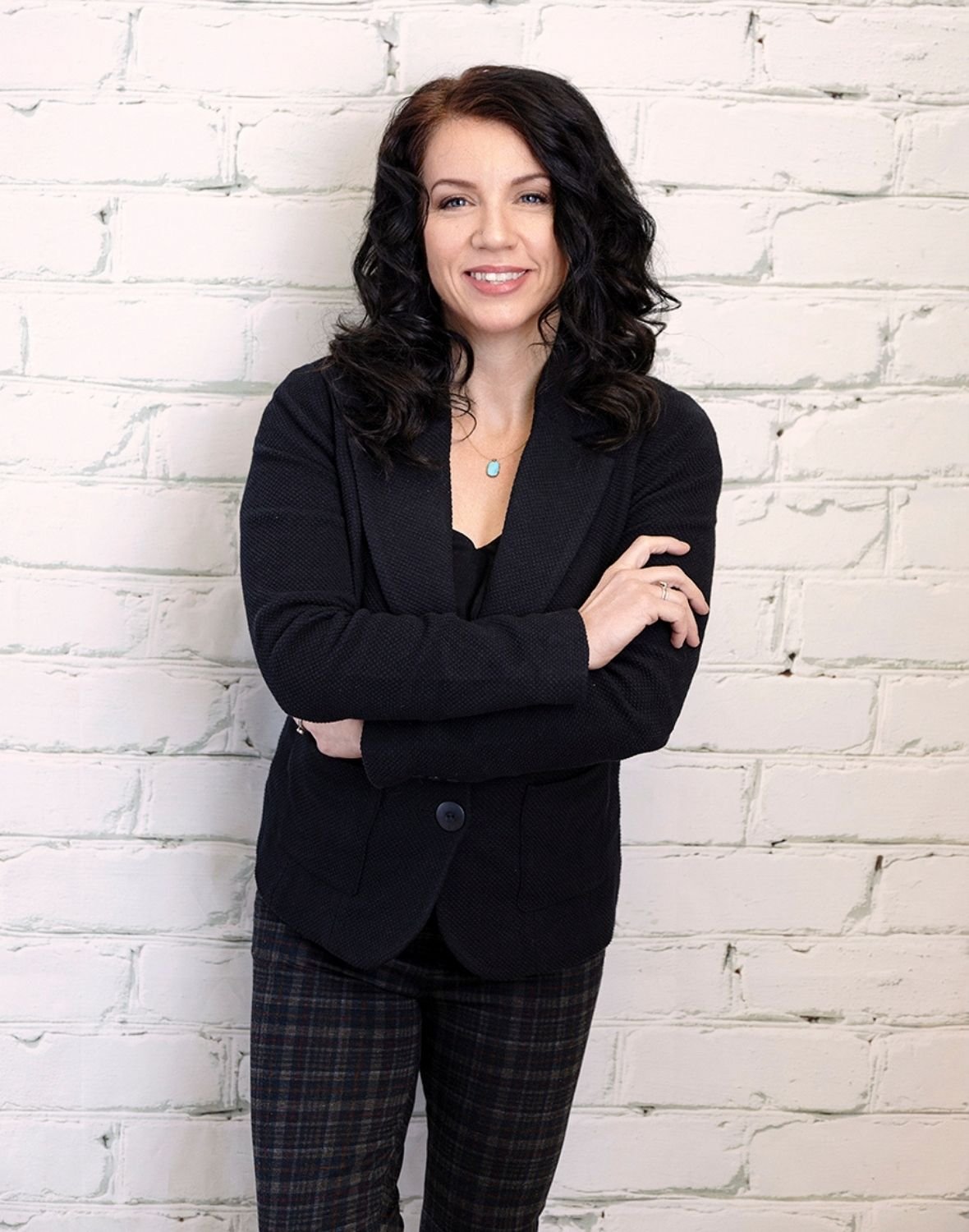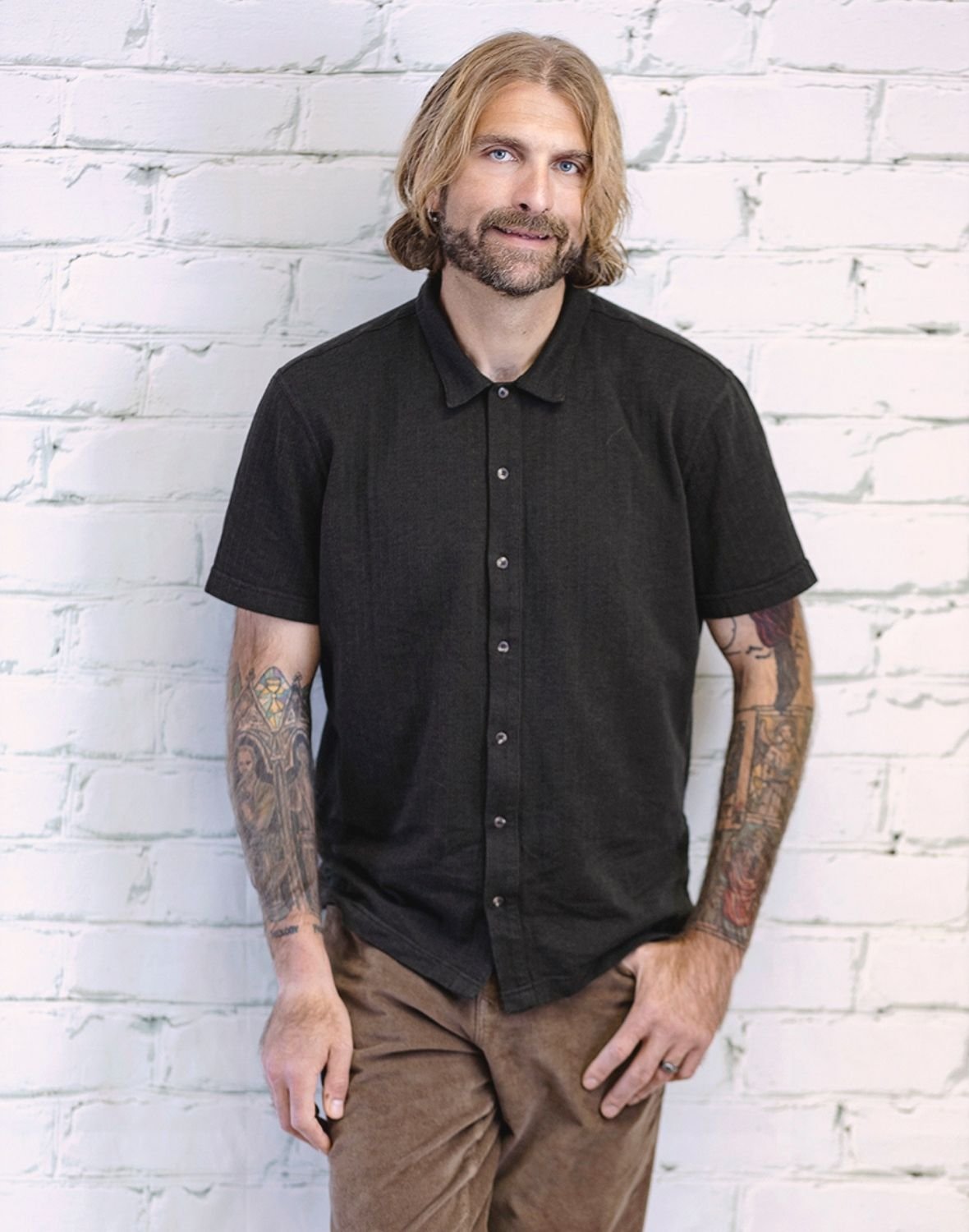the Four Key Principles at the Heart of Alchemy of Love
These are the beliefs that inspire all our work—from our blog posts, to our podcast, from our programs to our coaching. If you resonate with these truths, if you find yourself nodding as you read, then know that you belong here. Welcome, from the bottom of our hearts.
1.
You deserve a life full of
love and meaningful connections.
From the moment we’re born, we’re wired to connect with others. And as long as we live, this desire to connect with others—to belong—is part of our makeup. It’s part of who we are and what we need in order to live full, meaningful lives.
Being human means being in relationship—with ourselves, with others, and with the world around us.
When it comes to relationships, you were born with two fundamental needs. The first is the need for belonging … to belong with someone else or, even better, to belong with a whole group of people—a family, a clan, a society. When we feel a sense of belonging, we’re able to love and feel loved in return. Without a sense of belonging, we struggle with feeling disconnected, isolated, lonely.
The second need is the need for authenticity—to be who we truly are. When we’re able to be authentically ourselves in a relationship, we feel seen. We feel known. We feel like someone gets us.
Where the magic happens in relationships is when our need for belonging and our need for authenticity come together. We feel known and loved for who we are. That’s the experience of genuine connection.
If you’re lucky enough to have one (or more) relationships in which you experience both belonging and authenticity, then you know that there’s immense safety and security that comes with relationships in which we’re loved for who we truly are.
But too often, we learn in our earliest relationships with our parents that we cannot have both belonging and authenticity.
We learn that these two needs are in conflict with each other. We learn that being authentic—being truly ourselves—actually risks our belonging in our family, which we depend on when we’re young.
So we make compromises. We do what we have to do. We put away the parts of ourselves that aren’t received with approval by our caregivers. We sacrifice our authenticity in order to secure a place in our family. And over time, we can lose touch with those parts of ourselves. Eventually, we actually forget that we were once far more than who we believe ourselves to be.
Sacrificing parts of ourselves in order to be accepted was often the best available strategy we had when we were young.
As children, we’re like sponges—we absorb messages about who we should be. And we’re able to mold ourselves to fit others’ expectations for us. Even without ever being told directly, we still understand perfectly what we need to do in order to make ourselves more acceptable and thus, more likely to receive the love and care we need to survive.
Over time, we internalize these rules of who—and how—to be in order to receive love or attention. And that becomes our working model of relationships—our understanding of how relationships work and how we need to be in a relationship.
When our real needs for connection and authenticity go unmet during childhood, we have no choice but to settle for whatever we can get. This experience forms the basis for what we expect in future relationships.
When we grow up, we apply this same working model to our adult relationships. We do this so naturally that we don’t even realize that we’re recreating patterns we learned in childhood. It’s so familiar to us, it’s second nature.
As children, when we don’t have the option to have both our fundamental needs met—for belonging and for authenticity—we’ll sacrifice authenticity 100% of the time because children need to belong to others in order to survive.
But this choice comes at a difficult price. When we sacrifice authenticity, we sacrifice being known for who we truly are. And so, even when we’re able to attain love by molding ourselves to the expectations of others, without being seen, we’re not able to feel truly connected. We’re not able to relax into the relationship—instead we always have to be on guard. Never able to just be ourselves. Always attentive to what others want from us.
This is how we define relationship trauma: it’s when our need to be connected to someone who both sees us and loves us …just isn’t there.
When we have to sacrifice our authenticity, instead of feeling seen and known by a loving caregiver, we’re neither seen nor known. For children, this is a terribly confusing experience, which often gets internalized as the message that who we really are isn’t good enough. Even though this is entirely false, this message creates the core wounds we bring with us into adulthood and into our adult relationships. (We’ll talk more about core wounds when we get to #2.)
Relationship trauma isn’t just about what happens during childhood. It’s also about what doesn’t happen that was supposed to happen. Sometimes the things that didn’t happen can be hard to recognize.
These are the things you missed out on during childhood—things like learning what healthy relationships look like, how to be open and intimate with another person, how to communicate in ways that enhance the sense of connection, and even how to resolve conflict in healthy ways.
Another thing you miss out on is the experience of being valued and treasured for exactly who you are. If this describes your experience as a child, you are not alone. Many, many of us have this kind of experience during childhood. And, as young kids, because we don’t know any better, we internalize these childhood experiences as being about us.
We wrongly imagine that any lack of connection, attention, or care are because of what we did or who we are.
When we don’t get what we need as children, we understandably conclude that it’s because we don’t deserve good things. The conclusions we come to about ourselves during childhood stay with us as we grow up. They become part of our identity that we bring with us into adulthood. And unless we learn how to question these false beliefs we form about ourselves, we don’t have the opportunity to realize that they aren’t true and that they were never true.
The good news in all of this is that your whole, unique self—the core of who you are—can never be harmed by what happens to you. It’s still there … below the surface … whole and vital, just like the day you were born.
2.
You’re beautiful,
just as you are
While part of the work of creating deeply fulfilling relationships involves learning the relationship skills you missed out on, a larger part of the work involves healing your relationship with yourself and uncovering the core wounds that keep you from having the kinds of intimate relationships you want to have.
This process of healing your relationship with yourself, and healing your past relationship trauma, involves an inner expedition into the depths of who you are—to recover the parts of yourself that got lost along the way. It’s an adventure of reclaiming your wholeness.
You can think of it like deep sea diving … a sacred mission to retrieve the beautiful pearl of your true self.
Another part of the work of recovering your whole self involves understanding more clearly how your childhood experiences strongly influence patterns in your adult relationships.
This goes back to how we develop our working model of relationships based on what we learn in our earliest relationships with our caregivers.
John Bowlby, the brilliant child psychologist who pioneered the study of attachment in infants and children, observed that adults tend to recreate the same kinds of relationships they experienced in early childhood. He explained this observation by noting that the primitive parts of our brain equate familiarity with safety, even when what’s familiar is painful, disconnecting, or unsatisfying.
Unconsciously, we gravitate toward the familiar because it’s what’s known to us and because we’ve already developed a set of coping strategies to deal with these kinds of relationship experiences. We know how to handle them.
If you’re someone who’s experienced a series of less-than fulfilling relationships—or if you’re wondering why you seem to repeat the same relationship patterns, even when you want something different—Bowlby’s explanation sheds some light of this common struggle.
These kinds of repetitive relationship patterns can end up confirming our worst fears about ourselves … the beliefs about ourselves that we picked up during childhood.
The good news is that the more you’re aware of these patterns … and as you learn other ways to be in relationships … the easier it’ll be to step out of those familiar-yet-unfulfilling patterns.
Here are some examples of the messages we receive during childhood that create the core wounds we bring into our adult relationships. If some of these sound familiar to you, please remember that you’re not alone and that you’re not doomed to carry these with you forever. (We’ll talk more about healing our core wounds in #3 and #4.)
My needs don’t matter.
Being a good person means always putting others first.
Having feelings is not okay.
If I’m mad or upset, I’m going to get in trouble.
It’s wrong to want attention.
Trying to get my parent’s attention makes me attention-seeking and that’s not okay.
In order to be loved, I need to be different somehow.
Who I am is too much … or not good enough … or not right in some way.
I have to rely on myself because no one’s going to be there for me.
I’m a difficult person to deal with.
I’m too sensitive.
I can’t trust anyone.
Nobody really understands me.
It’s important to remember that these core wounds reflect false beliefs we’ve internalized about ourselves. They’re reflections that often reflect our caregiver’s limitations rather than anything at all true about us.
The truth is that your whole, authentic self is uniquely beautiful and absolutely essential on this planet. You matter … just as you are.
3.
You’re not broken,
no matter what’s happened to you.
Research suggests that what happened to us in the past is less important than whether we’ve processed what’s happened to us. This is very good news indeed for all of us who experienced a less-than-ideal childhood.
If you’re someone who’s been carrying core wounds that are impacting your intimate relationships or impacting your relationship with yourself (or both), we want you to know there’s hope. We’ve helped hundreds of individuals and couples heal from childhood trauma and create loving relationships with themselves and each other.
Healing from past relationship trauma is like Japanese kintsugi, the art of repairing broken pottery by rejoining the shattered pieces with gold.
The process of healing what’s been hurt results in a work of art that is more unique and more beautiful than it was before.
We’re both survivors of childhood trauma ourselves, so we’re speaking from our personal experience as well as our professional experience.
And while neither of us would ever wish to have the traumatic experiences we’ve lived through, we also recognize that we’ve received precious gifts as a result of what’s happened to us.
We credit our past traumas with giving us a deep empathy for the pain of others, as well as a passionate desire to help others, and the drive to make the world a better place by using the talents that flow directly from our authentic selves.
While we never want to diminish the suffering that accompanies childhood trauma, we are also believers in the potential for post-traumatic growth—the idea (supported by research) that we can grow and develop in beautiful ways as a result of our past experiences.
For us, this idea is reflected both in the metaphor of Japanese kintsugi and also in the idea that (rather than being broken down by past experiences) difficulties allow us to be broken open in ways that allow us to get to the heart of who we really are. Nothing that is truly you can ever be damaged or broken, even if it sometimes is forgotten.
Allowing yourself to be broken open by your experiences invites the possibility that you can become more of who you are truly are.
You can love more deeply. You can believe in yourself more. You can honor your strength and resilience … and also keep your heart open to others.
It’s a profoundly healing experience to reconnect with your inner wholeness and to possess the unshakeable knowledge of your innate worth and value. It’s profoundly healing to see with clarity your uniqueness and your originality … and to know, without a doubt, that who you truly are is good.
This belief is reflected in our Five Relationship Archetypes. The value of our Relationship Archetypes system isn’t just about your relationships with others. It’s at least as much about your relationship with yourself.
Cultivating a deep relationship with yourself—and knowing yourself to be good and deserving of good things in your life—is the first, and most critical, step toward satisfying intimate relationships.
4.
Connection is the balm
that heals our past relationship wounds.
If we were to sum up our philosophy in seven words, these are the words: What trauma once hurt, connection can heal.
Connection is the balm that heals our past relationship wounds. The first step in this process is reconnecting with the parts of yourself that weren’t welcomed, honored, or cherished when you were growing up.
Alchemy is the ancient work of transforming lead into gold. What we are doing here at Alchemy of Love is transforming the lead of past trauma … past hurts, childhood pain, and the wounds from past relationships … into gold, through the process of helping you reconnect with your unique and precious self and then learn the essential skills for having truly satisfying relationships.
5.
why we do
this work
It’s been known for a long time that childhood trauma affects adults at many levels, from physical and mental health to emotional well-being to relationships.
While the impact of early trauma on adult relationships is frequently noted by trauma experts, there’s been very little in terms of practical, useful advice or programs that adults with childhood trauma can use to improve their own relationships.
In fact, the whole field of couples therapy is lagging at least a decade behind in the cutting-edge research on relationship trauma and has so far failed to integrate this new understanding of trauma into conventional guidance for those wanting to improve their intimate relationships.
Our programs are designed to fill that gap—to help you understand how your own past experiences influence your relationship with yourself and relationships with others.
Here’s something we’ve discovered in our work with adults who’ve experienced past relationship trauma: it takes a serious toll on your self-image and on your relationship with yourself.
And because your relationships with others can only be as good as your relationship with yourself, childhood trauma ends up taking a heavy toll on your intimate relationships too.
As survivors of childhood trauma ourselves, we’ve made it our mission to help trauma survivors rediscover their innate wholeness, recognize their unique beauty, and learn the skills needed to create deeply meaningful, satisfying relationships.
Here’s our wish for you: May you meet yourself with kindness, love and curiosity. May you discover the longings and desires that are at your core. And may you give yourself the gift of healing and growth so that you can bloom into your best, most authentic self.
Get Relationship advice delivered to your inbox.
What’s Your Relationship Archetype?
Take the Five Relationship Archetypes quiz and find out how to use your unique gifts to create deeper, more satisfying relationships.
WE’re not born knowing how to communicate in relationships.
For many of us, we missed out on learning healthy communication skills during childhood. Instead of learning how to communicate in ways that allow both people to feel seen, heard, and understood, often we learn patterns of communication that create confusion, hurt, and disconnection. Or we learn that it’s safer to just keep our thoughts and feelings to ourselves … and not communicate.
The secret to fulfilling relationships is learning how to connect with another person through communication. You can start learning the art of communication with our free communication class, The Communication Cure.
get started with our free relationship class
about us
We help those with painful childhood experiences to heal your relationship with yourself, deeply connect with others, and learn the skills for having fulfilling relationships.
We’re the creators of the Five Relationship Archetypes. We’re also the hosts of the Alchemy of Connection podcast and the creators of the Relationship Yes! Test.
We founded the Institute for Trauma Informed Relationships to provide certification and consultation to therapists and coaches in Trauma Informed Relationship Counseling for Individuals and Couples.
Angela Amias, LCSW
Fulfilling relationships are an essential part of living a good life and yet, many of us (perhaps even most of us) have core wounds from childhood experiences that affect our ability to have the kinds of intimate relationships in adulthood that we long to have. As a licensed therapist, I’ve worked with hundreds of individuals and couples to help them heal past trauma and create more meaningful, satisfying relationships with themselves and with intimate partners.
Alongside Daniel, I developed the Five Relationship Archetypes as a model that reflects the different ways that childhood relationship trauma impacts our adult relationships. This model takes into account our unique and inborn temperaments as well as the kinds of messages we internalize during childhood—about ourselves and how we need to be in order to have relationships with others. And, more importantly, it lays out a path toward healing, by first helping you reconnect with the parts of yourself that you lost along the way … parts that weren’t accepted or safe to express when you were growing up.
It’s my belief that difficult experiences break us open to become more of who we are meant to be. As a trauma survivor myself, and as a therapist, I’ve made it my mission to walk alongside others as you find your path toward healing and discovering a life of more meaning and joy.
I’ve been a featured relationship expert in many publications, including Today, Oprah, Cosmopolitan, Well + Good, The Independent, Salon, Inc., Forbes, Toronto Sun, Women’s Health, Refinery29, and many others.
You can read my full bio HERE.
Daniel Boscaljon, PHD
The most important relationship you’ll ever have is the one you have with yourself. It’s also true that your connections with others can never be better than your relationship with yourself, which is why healing painful or traumatic experiences from childhood is such a vital part of having meaningful, satisfying relationships in adulthood.
My own personal search for how to cultivate a meaningful life came after years of feeling disconnected from others and from myself. Though I entered graduate school focused on the intellectual aspects of earning a PhD in Religious Studies (and then another one in English), I discovered along the way how to use what I learned to repair the inner fractures of my own life. As I reconnected with myself, I found that I was better able to connect with others as well.
As an award-winning teacher with over twenty year of experience working with individuals and couples, my mission is to translate theories of love into practical guidance that helps you create meaningful, fulfilling relationships. I’ve presented internationally on the topics of love and intimacy.
As a relationship expert, I’ve been featured in many publications, including NBC News, Newsweek, Harper’s Bazaar, MindBodyGreen, Forbes, Salon, Fast Company, Business Insider, Fatherly, and AskMen.















































